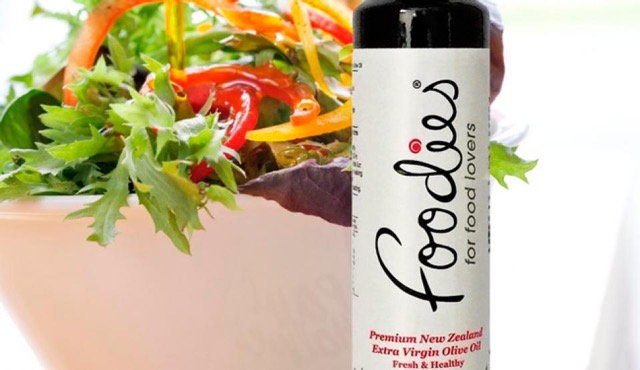Catherine Beard
Doing business in China is not for the faint-hearted, but when it’s your first ever export market you’re in for a really steep learning curve! This didn’t put Rachael Speedy and her team at NZ Premium Foods off however, as she has seized the opportunity for selling New Zealand premium natural produce into our largest export market.

Starting with just one product – premium extra virgin olive oil – Rachael is building NZ Premium Foods into a thriving exporter of a range of food and beverages into the Chinese retail and foodservice markets.
I picked her brain for some survive and thrive tips…
- It’s a long-haul journey
“First of all, China is an inherently difficult market so we decided we needed to learn more about the culture, protocols and how to do business there before we entered market. Also, we needed to research the market and find out where the opportunities lay, to develop products specifically suited to that market,” says Rachael.
“It took 5 years to do all that! So you really need to take a long-term perspective if you want to go into China. You really need to have a well established business here in NZ and/or elsewhere first.
“We needed to confirm we had the five C’s: the capability to do so, the capacity to scale up the manufacturing when required, enough cash so as not to jeopardize your business in New Zealand, the commitment to stay in the market and the competitiveness to be there.
“Out of the five C’s from our research, in reality we found we needed five times the length of time and five times the amount of cash to get in to the China market.”
- Networking in NZ
Rachael emphasized the hugely important role that networking has played in helping NZ Premium Foods succeed in China – both within the Chinese community here in New Zealand and in China itself.
“For the last five years I’ve been building relationships in the Chinese community wherever possible. This lead to us finding one of our Chinese market partners, who we were able to meet here in New Zealand.
“It helps that they have experienced the country, understand NZ and the product a lot better, and our regulations. Safety is paramount to the Chinese so it’s great that they can walk into the factory and see that it is absolutely spotless and that food safety is paramount to us.
“This partner represents our brand in market and have connections into the relevant retail sector, servicing 3000 supermarkets and convenience stores in the Shanghai region.
“We’re competing with the entire world – for example European products are usually a lot cheaper than NZ products, so we’ve had to select niche markets that are more suited to our premium products. Our partner’s specialist in-market knowledge has been invaluable for this.”
- Networking in China
“We’re prepared for a lot of networking once you’re in China too – the Chinese way, not the New Zealand way.
“That means meeting the families, dinners out, it’s a whole different world, I can’t even compare the two in terms of culture and how business is done.
“For example, it’s the norm in China to do business over a meal. So a lunch or dinner can go on for hours and hours, and there’s lots of protocol in terms of how you eat your food, who does what first, there’s a hierarchy you need to understand.
“Because of all this, I now have a lot of friends in China! Our business partners really do become our friends.”
- E-commerce is key
“Once we have established good market partners, then we focus on longevity. For us it’s now about how we support our brands and what we can do to get products moving off the shelf.
“This means growing our presence through e-commerce, and having Chinese experts running a Chinese social media strategy from here in New Zealand.
“Having an e-strategy is a vitally important ingredient. E-commerce and social media in China can be difficult to understand. It helps to employ experts and just immerse yourself in it as much as you can.
“We post on Chinese social media such as WeChat almost every day, and we’re working on engaging more influencers. We would like to have more NZ premium food companies collaborating with us on the e-commerce journey – it lifts the profile of each of the products. So please get in touch!”
Catherine Beard is Executive Director of ExportNZ, which serves its members via regional offices throughout the country. To find your nearest office go to www.exportnz.org.nz

